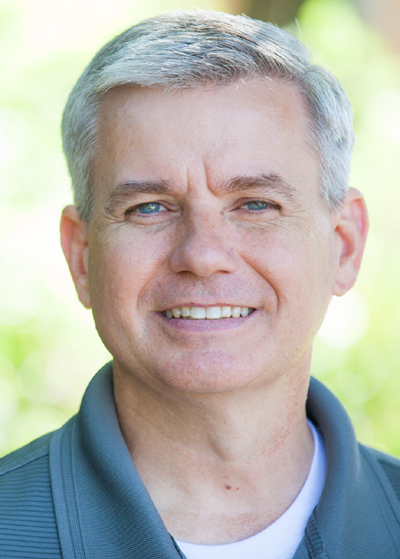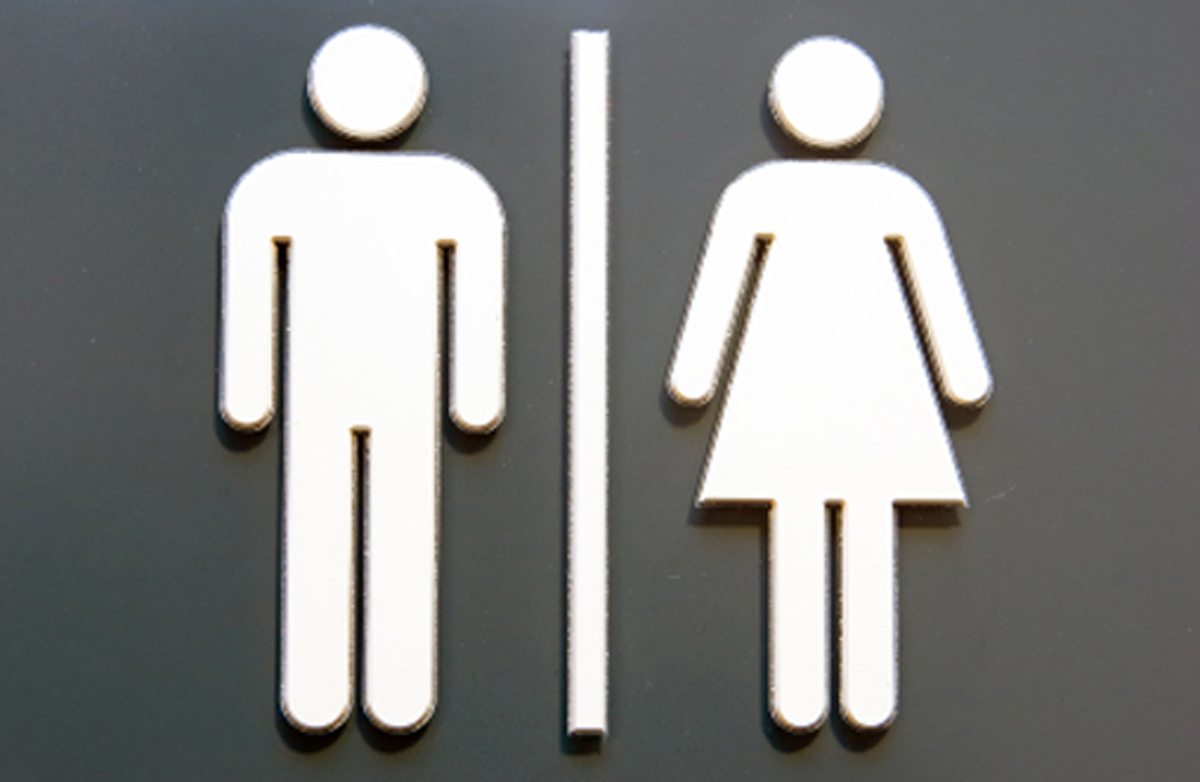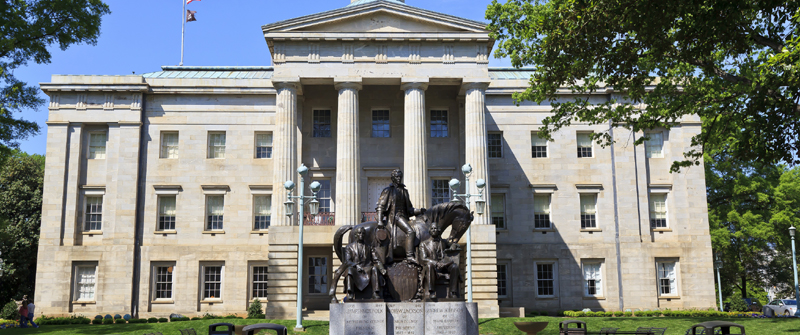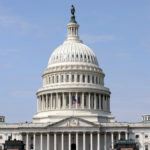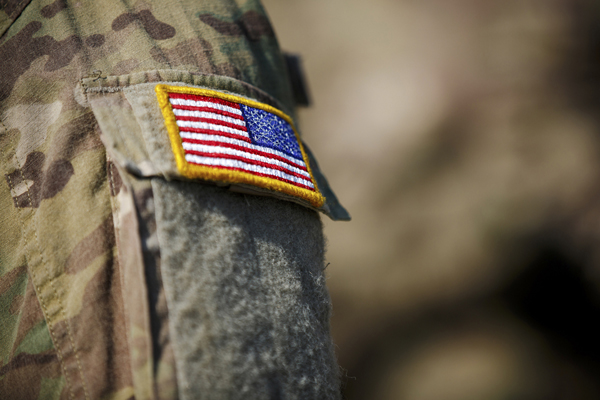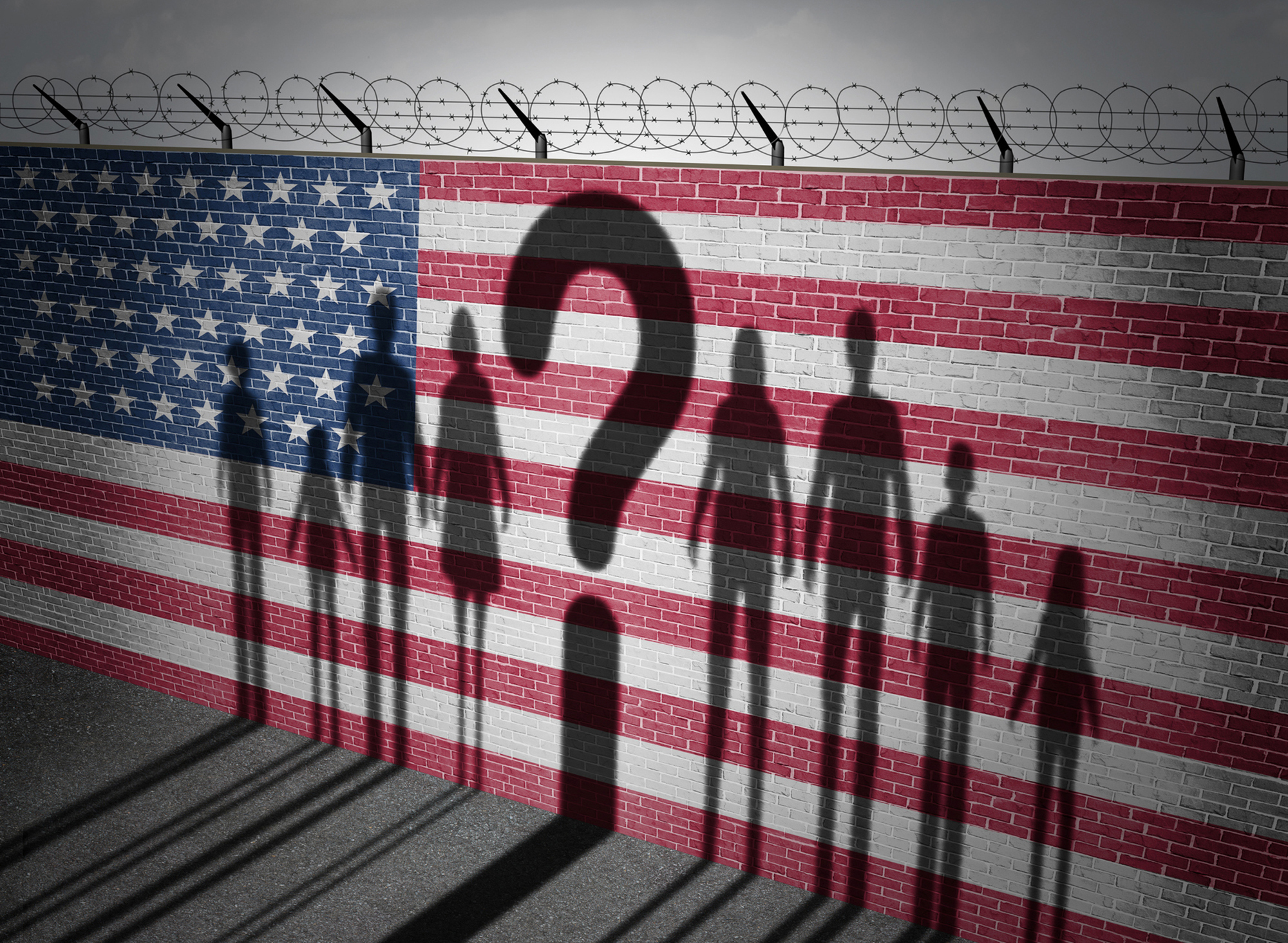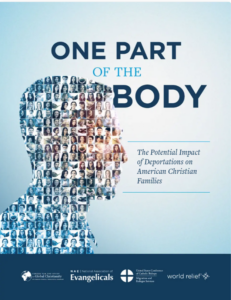
HOUSTON (BP) — Houston pastors finally began to get their day in court in their lawsuit against the city and Mayor Annise Parker for dismissing thousands of voter signatures to repeal a controversial pro-LGBT ordinance.
The plaintiffs’ attorney, Andy Taylor, will seek to convince the jury to overturn the city’s actions, challenging defense contentions that the signatures were penned to a bad document and duly disqualified.
Geoffrey Harrison, lead counsel for the city defense, claimed in comments to Baptist Press Jan. 29 that the petition circulated by the anti-ordinance No UnEqual Rights Coalition was “fatally flawed.”
Harrison also contended that the plaintiffs’ attempts to take corrective measures after the petition’s submission to the city is a violation of state and municipal code.
If, however, the petition form is wrong, Taylor said, the city has only itself to blame, not his clients.
“The very alleged defect that the city claims causes us to lose is the document that they generated and created,” Taylor told reporters Monday, Jan. 26.
“So think about it. The government says, ‘Hey, guys, you lose because you were dumb enough to trust us.’ We trusted them that the document they gave us was the document they wanted. And that’s the one that we used.”
Last August, Parker and then-City Attorney Dave Feldman announced that the effort by a diverse coalition of pastors and civic leaders to repeal the Houston Equal Rights Ordinance had failed. The ordinance, championed by the mayor, a self-avowed lesbian, and the city’s lesbian-gay-bisexual-community gives protected legal status to individuals based on their gender identity and sexual orientation.
Ordinance opponents created the No UnEqual Rights Coalition and in 30 days collected nearly 54,000 voter signatures, far more than the 17,269 required to put the ordinance into citizen review.
City Secretary Anna Russell certified the voter signatures last July, but Feldman’s office found reasons to dismiss them. The city contends there are now roughly 5,000 valid signatures. By its count, the city disallowed more than 90 percent of the signatures collected.
Parker received national criticism when, during the course of the city’s investigation for the lawsuit, attorneys for the city filed subpoenas against five Houston pastors who were leaders in the coalition but not parties to the lawsuit. The court order called for records from sermons and discussions with congregants about HERO, as the ordinance is called by supporters, and homosexuality. Religious liberty advocates across the nation cried foul. The city backed down and Parker had the orders withdrawn.
Beginning in the jury selection on Monday, Harrison defended the city by insinuating that the petition process was riddled with fraud and forgeries. His comments were halted by the judge during the jury selection proceedings.
The primary source of contention for the defense is the petition form itself. Dave Welch, executive director of the Houston Area Pastors Council and a leader in the coalition, created the document, drawing the format from a link on the City of Houston website. Each page has space for 15 signatures and voter registration information. At the bottom is an affidavit to be sworn to and signed by the petition circulator in front of a notary public who then dates and signs it and affixes an official stamp.
Welch’s form has only one line for the circulator’s name. And therein lies the problem, said Harrison, who contended that a line also should be on the petition for the circulator to sign his or her name a second time.
“We believe the plaintiffs are trying to backfill this fatally flawed petition they submitted,” he told Baptist Press.
Taylor, in a phone interview today (Jan. 30), said his clients were not trying to “fix” the petition form and conceded in court to incidental mistakes in the signature collection process. Despite those errors, he said legal precedent upholds the validity of the single-line petition form.
The city attorney’s subjective dismissal of signatures based on poor penmanship, writing method, and placement on the form forced the lawsuit.
Taylor is the lone attorney for the plaintiffs — two Houston pastors and a fellow attorney. There are four defendants in the suit — the city of Houston, Parker, Feldman and Russell. A dozen or more attorneys from the city and high-profile private law firms form the defense legal team.
Plaintiffs expect to call Parker to the stand Monday. The case is being heard by Judge Robert Schaffer in Houston’s 152nd District Court.
Taylor said he believes Feldman, who resigned as city attorney in December, acted at the behest of Parker in disqualifying the signatures. He plans to show Parker examples of dismissed voter signatures, many of which, he said, should prove disconcerting for the mayor.
“We have more than the minimum number of signatures we need to let the people vote. The mayor has done everything in her power to try and disenfranchise over a million people in the fourth-largest city in the United States of America,” Taylor told reporters Monday.
The jury will determine the validity of the signatures. The referendum process will continue or remain void depending on its verdict. The losing party is expected to appeal.
The jury is representative of Houston’s broad racial composition. The six men and eight women — a mix of white, African American, Hispanic and Asian — listened to arguments over what constitutes a signature and where it should be on a sworn affidavit. Welch described the legal wrangling as over “jots and tittles.”
During the first three days of testimony, Taylor’s witnesses included an unusual array of church and civic leaders, church employees and two ex-convicts. Taylor objected to the introduction of the criminal records of two petition circulators, arguing that the attempt to impugn their character was overly broad and not relevant to their work on the petition. The judge disagreed and the convictions on credit card fraud and failure to give proper identification to a police officer were admitted.
Welch, Taylor’s first witness, was cross-examined four hours Tuesday by Harrison who repeatedly questioned the integrity of the petition effort, characterizing the process as “rife with fraud and forgery.”
Welch took umbrage with the accusation.
“You are calling an entire community of people criminals. Fraud and forgery are crimes of intent, which you know. That’s what you’re asserting and it’s a flat-out lie,” Welch told Harrison.
The legal battle is illustrative of epic biblical struggles, said Taylor, a Southern Baptist church member. He recalled the preliminary hearing last August when the city’s dozen or so defense attorneys poured into Schaffer’s courtroom as he stood alone at the plaintiffs’ table.
“It’s a picture of David and Goliath. And I know how that story turns out,” Taylor said.


